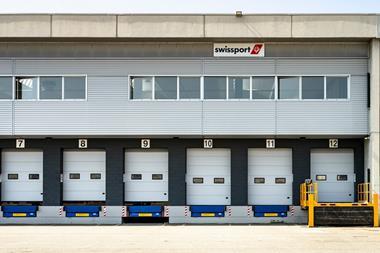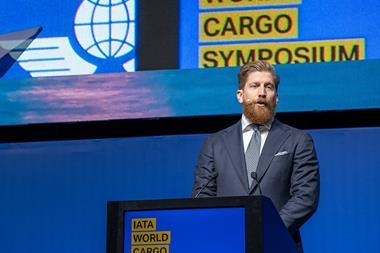Manchester Airport has revealed the latest phase of the UK northern gateway’s £1bn Transformation Programme, unveiling a number of new images showing what it might look like following the massive investment.
Manchester Airport’s Transformation Programme represents the largest single private sector investment in the north of England.
Airport chief executive Ken O’Toole asserted that the airport – one of the gateways owned and operated by Manchester Airports Group (MAG), which also has London Stansted, Bournemouth and East Midlands under its wing – is pressing ahead with its wide-ranging rapid expansion project.
Infrastructure expansion is expected to support the growing number of customers using Manchester Airport and the continued development of its international – especially long-haul – connectivity. It is, for example, hoping to continue to inaugurate direct flights to key markets, building on those already established to Beijing, Houston, Los Angeles and Boston.
O’Toole observed: “We know we are among the best airports in the world when it comes to the number of different destinations on offer, whether that be Boston, Beijing or Barcelona; Houston, Hong Kong or Hamburg.
“Our £1bn Transformation Programme is all about investing in the future, so we can continue to grow by securing more direct flight services in our role as the North’s global gateway. It is also about investing in our facilities and in the latest technology.”
Northern Powerhouse
O’Toole, speaking at a conference in Manchester, also took the opportunity to call for the UK Government to back its words on the creation of a ‘Northern Powerhouse’.
He pointed to the fact that public and private sector leaders from across the region have this year maintained momentum on implementing the Northern Powerhouse concept, but that he is looking to Westminster for the government to do more – including committing to the HS3 railway development project (also known as Northern Powerhouse Rail, or NPR) that would see a high-speed line built across the Pennine Hills to link Manchester with Leeds (and possibly other cities in the north of England).
O’Toole insisted: “If the Northern Powerhouse is to be truly competitive on the global stage, it should be as easy as possible to travel from Hull to Hong Kong; Liverpool to Los Angeles and Sheffield to Singapore.
“Slashing journey times through investment in NPR could lead to the North securing direct flights to 20-30 key global markets.
“It is connectivity like that that will maximise growth in sectors like life sciences, advanced manufacturing, technology and energy. It is connectivity like that that is key to delivering an Industrial Strategy that rebalances the UK economy.”
O’Toole told delegates that the UK government must seize the opportunity presented by the creation of a new national aviation policy this year to ensure that airports across the UK maximise their potential to link the UK to the world’s most important markets.
That will not be achieved unless road, rail and aviation policies are joined-up, he said.
Moreover, O’Toole said that unlocking the potential of airports like Manchester was key to creating a “truly global Britain”, especially in the 10 to 15 years that it might take to build a new runway at Heathrow.
“We’ve made a massive private investment commitment, which clearly shows our ambition for the Northern Powerhouse to succeed, and now we call upon government to match that through delivering on key infrastructure schemes,” he concluded.
Through its four airports, MAG serves handles almost half a million tonnes of air freight a year, as well as more than 55 million passengers.










